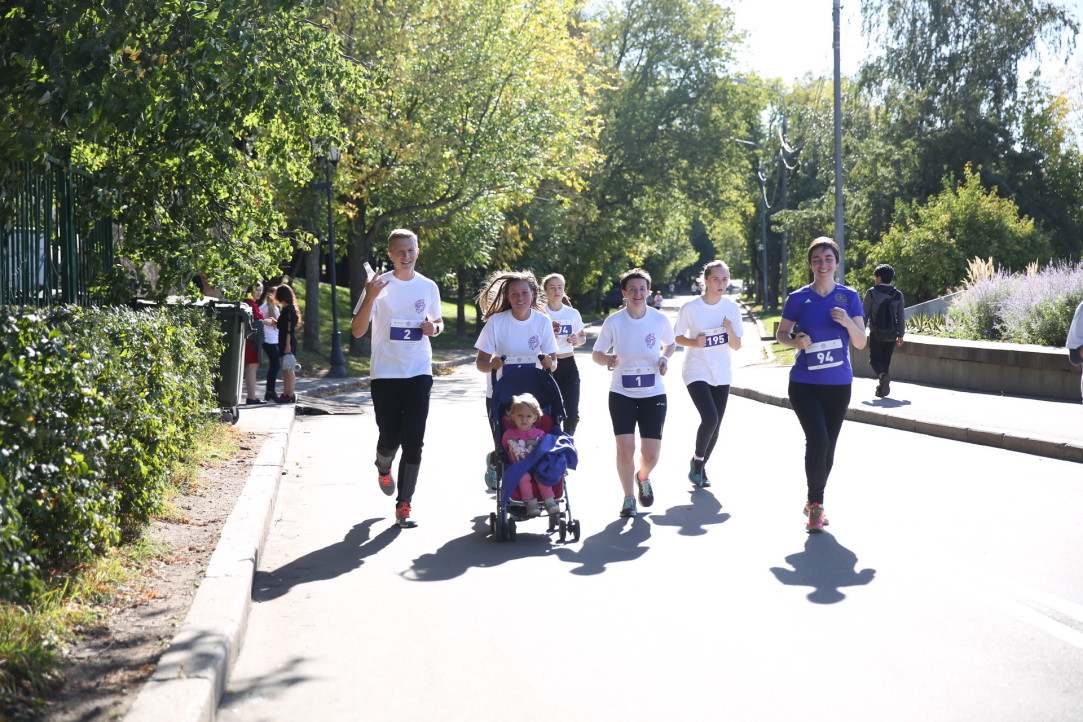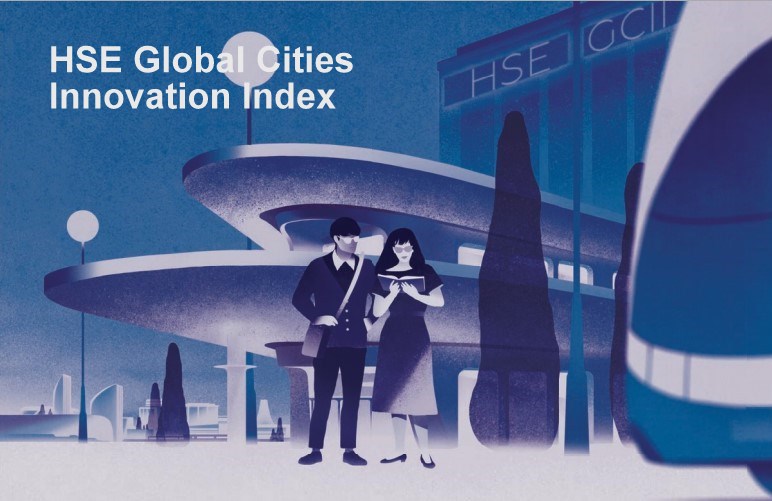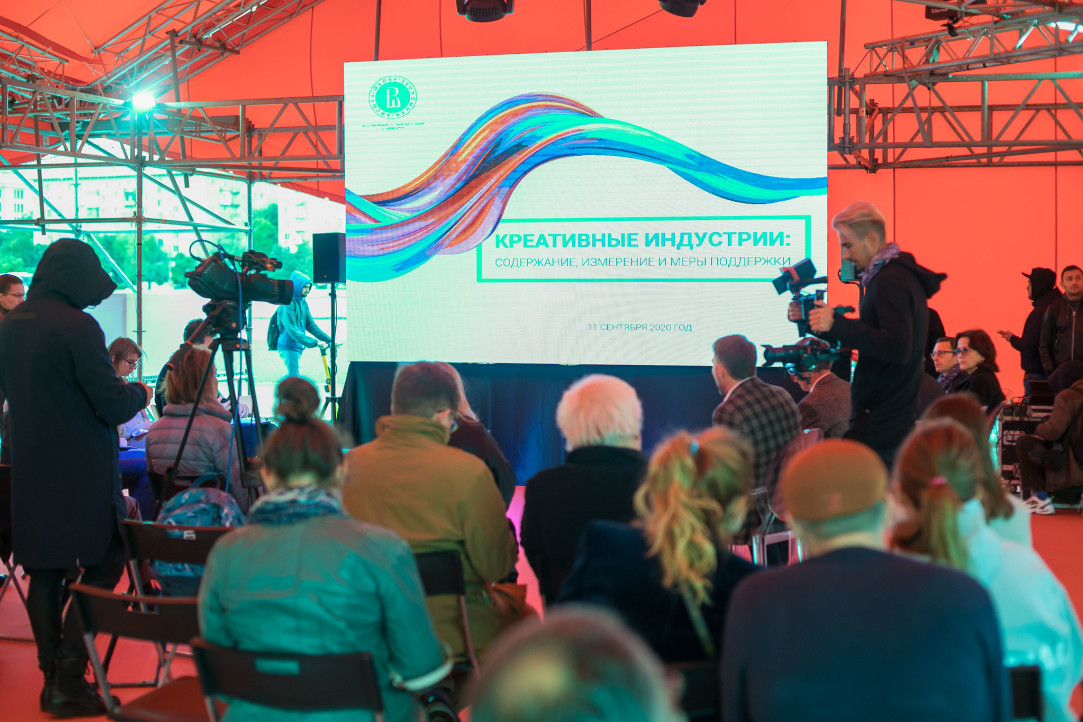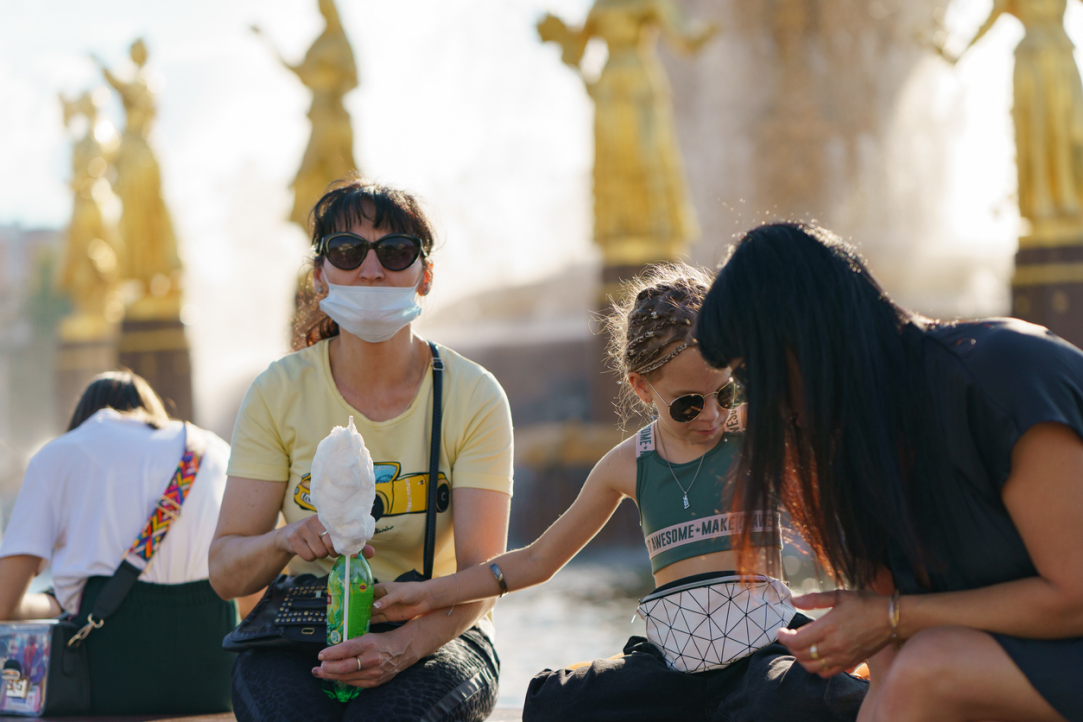
How to Combine University Values with the H-Index
Experts at HSE University and other universities discussed what constitutes a university virtue and whether it is possible to assess scientific and scholarly accomplishments based solely on quantitative criteria. At the conference ‘University HR Policies: Managing Staff Involvement’, Aleksei Pleshkov, Director of the Poletaev Institute for Theoretical and Historical Studies in the Humanities at HSE University, gave a talk entitled ‘In Search of Academic Ethics: Goodness, Virtues and Happiness’.

The Kings of Remote Work: HSE Experts Dispel Myths and Stereotypes about Freelancers
Due to a longstanding lack of evidence-based information about freelancers, Andrey Shevchuk and Denis Strebkov, senior research fellows at the HSE Laboratory for Studies in Economic Sociology, have endeavoured to dispel misconceptions about this growing class of workers. Though remote work has become particularly relevant during the pandemic, the researchers identify several trends that have determined the direction of the remote job market even before the coronavirus outbreak.

Quality of Life or Medicine? HSE Researchers Learn the Key to Living Longer
Everyday living conditions — income, housing, and sanitation — affect health and life expectancy more than the availability and quality of medicine. At the same time, the health system itself plays a crucial role in treating infection. This is what a recent study by researchers of HSE University has found.

Psychology and the Social Effect of Alcohol Consumption: The Latest ‘Sociology of Markets’ Seminar Held at HSE University
Experts from the Laboratory for Labour Market Studies presented a report entitled ‘The Impact of Non-Cognitive Characteristics on Alcohol Consumption’ at HSE University. They talked about how different character traits affect the degree of dependence on alcohol.

HSE University Presents First Global Cities Innovation Index
According to HSE University’s Global Cities Innovation Index, New York and London are the world’s most attractive megacities to innovators implementing creative and technological initiatives. Moscow ranked among the rating’s top ten cities, leading in the areas of ‘Innovation Infrastructure’ and ‘Digital Infrastructure and Services’. HSE researchers presented the index at this year’s Open Innovations Forum.

A Pandemic of Negative Interest Rates: Banks and Their Clients Will Have to Adapt to a New Normal
The coronavirus pandemic and lockdown have made life difficult for credit institutions and their clients. Citizens’ incomes have decreased, which can lead to an increase in bad debts, and a decrease in the key rate to support the economy makes deposits less and less attractive and deprives banks of an important resource. Banks are compelled to search for new ways to earn money, which carries additional risks, says HSE Banking Institute Director Vasily Solodkov.

Moscow’s Creative Capital Measured by HSE
For the first time, experts from HSE University presented the results of a large-scale pilot study of Moscow’s creative industries. The sector’s share in the city’s economy amounts to 6.3%, with almost three-quarters of the added value of the capital’s creative sector provided by advertising, IT and broadcasting. These and other data were presented during the round table entitled ‘Creative Industries: Content, Measurement and Support Measures’.

Moscow Ranks among World’s Top Three Major Cities Implementing Effective Economic Policy During the Coronavirus Crisis
Researchers from HSE University conducted a study of 15 of the world’s largest cities in Europe, Asia, and North America that assessed the cities’ labour market activity, post-quarantine economic recoveries, and the extent to which their digital infrastructures were prepared for the crisis. The study showed that Seoul and Shanghai, followed by Moscow, dealt with the crisis most effectively. Singapore and Stockholm ranked 4th and 5th, respectively.

Running at a Deficit: How the Lockdown Affected the Global Economy and What to Expect in the Short Term
Countries across the world announced support measures in the amount of USD 11 trillion to pull the economy out of the crisis caused by the pandemic and lockdown. Such hefty money injections into the economy will promote GDP recovery but at the same time may raise the spectre of growing public debt. Sergey Pukhov, the lead expert of HSE Centre of Development Institute, talked to the portal's News Service about the matter in question.

Despite Challenges, Fair Proportion of Students Have Come to Prefer Online Education
While many students readily embraced online learning, there were also many students who found it more difficult to complete their coursework due to technical difficulties. First-year students had the hardest time adapting to the new format, and low-income students also encountered many challenges. These are some of the findings of a survey conducted as part of a joint project between the Institute of Education, the Centre for Institutional Research, and the Institute of Distance Education of Tomsk State University.

